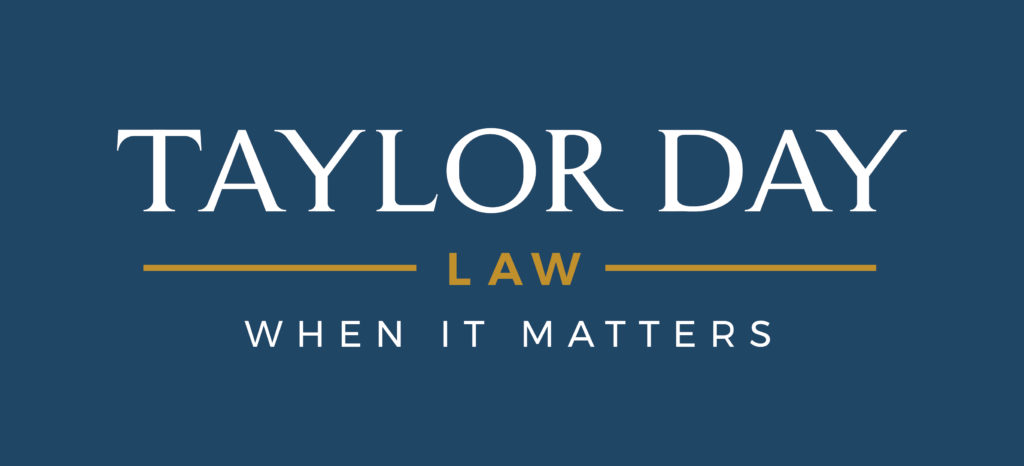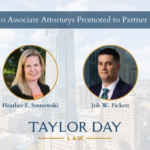If you hire a contractor to perform services at your business, you might be interested to know that your legal standard of care is different from the duties owed to a customer. Of course, when a workplace injury occurs to an employee of an independent contractor on your premises, you probably expect workers’ compensation coverage to be available, and it may be. However, the existence of workers’ compensation coverage might not preclude third-party liability. In other words, the premises owner or possessor—regardless of whether you lease or own the premises— may still be liable for the injury.
The legal analysis of an injury or death of an employee of an independent contractor on your premises is significantly different than that of a customer. Under Florida law, a premises owner or possessor owes two duties to business invitees, including customers: (1) a duty to maintain the premises in a reasonably safe condition; and (2) a duty to warn of latent dangers.
As to an independent contractor, a premises owner or possessor (a lessee) who hires an independent contractor is generally not liable for injuries sustained by that contractor’s employees in performing their work. That’s true even when the work is dangerous, as long as the risks are disclosed and/or clearly incidental to the work.
Of course, every general legal rule has exceptions. A premises owner or possessor may be held liable for damages sustained by the employee of an independent contractor when (1) the owner or possessor actively participates in or exercises direct control over the work (this is because the independent contractor legally resembles an employee, from which vicarious liability otherwise attaches), or (2) the owner or possessor creates or negligently approves of a dangerous condition.
Where the onsite hazards are open and obvious and the premises owner or possessor does not actively participate or supervise the work, he or she is under no further duty to warn of dangers and should not be liable for damages sustained by the employee of an independent contractor. This also means that a premises owner or possessor does not owe a recognized legal duty to train or supervise the work of an independent contractor.
To illustrate, Florida Courts have found that an aircraft hangar operator was not liable for claims made by an independent contractor’s employee who was injured by a fall through the hangar’s skylight while pressure washing the roof, which he was hired to do.
In another case, an independent contractor was injured while demolishing a damaged roof when he stepped through a weakened panel. There, a different court noted that the property owner of the damaged roof had no duty to maintain the roof in a reasonably safe condition for the independent contractor because the employee was injured by one of the incidental hazards which made the job dangerous.
Often, the rationale for this strict rule of law is that an independent contractor is placed in-charge of the worksite, they are responsible for all incidental contingencies, and they are presumed to be aware of the usual hazards incidental to the performance of the contract.
These rules are true even if the property possessor is merely a commercial tenant, and business owners should always start by reviewing their commercial lease agreements to determine their maintenance responsibilities and who is contractually responsible for injuries onsite.
When hiring a contractor to work on your premises, business owners should always exercise due diligence, including background research on the contractor, and ensuring it is properly licensed and adequately insured. For some types of work, it may be prudent to get a certificate of insurance and have your company named as an additional insured. Otherwise, make sure to inspect the jobsite with the contractor, clearly explain the expectations and potential issues they may encounter, and clearly detail the contractor’s scope of work in a written contract (preferably including a liability waiver, indemnification, and limitation of liability from the contractor, professionally drafted by your attorney).
As always, preventing accidents should be every business owner’s primary goal and rendering aid to an injured person should be the first priority in an accident. However, once the emergency has subsided, it is important to document the incident. First, make sure to photograph the scene, take notes, and request written witness statements from your employees, when available. Remember to save and safely preserve any and all video surveillance footage through reliable back-up methods, such as CD or cloud storage. Given the extensive use of surveillance by business owners, it may also be wise to ask neighboring businesses for their surveillance footage, as well. We also recommend seeking legal counsel and notifying your general liability insurance carrier immediately.
If you find yourself in a litigation dispute, our attorneys specialize in construction litigation, work-site incidents, personal injury defense, and workers’ compensation defense. We have extensive experience litigating these types of complex matters. It’s your business. When it matters, call Taylor Day!



